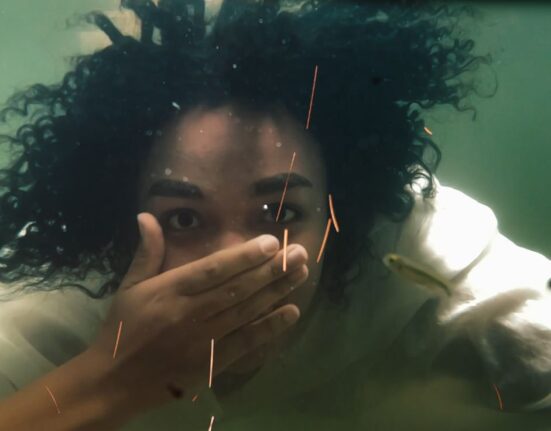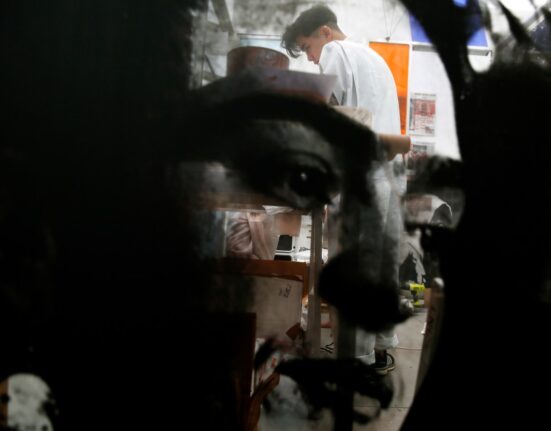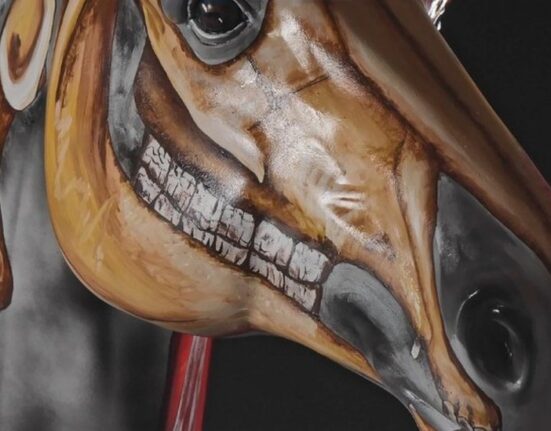In a revealing interview with Hip TV, Olorunyomi Oloruntimilehin, popularly known as Bad Boy Timz, shared his insights on the music industry’s financial landscape, emphasizing the limited financial gains from music streaming. He highlighted the importance of live performances, tours, and sponsorships as more lucrative avenues for artists. This discussion sheds light on the evolving dynamics of artist revenue generation in the digital age.
Streaming Revenue: A Misleading Metric?
According to Bad Boy Timz, while streaming platforms have become a ubiquitous part of music consumption, the revenue generated from such streams often falls short of expectations for artists. He pointed out that a significant portion of earnings from streaming is funneled back into music promotion, leaving little for the artists themselves. This cycle of reinvestment challenges the sustainability of streaming as a primary revenue source for artists, pushing them to explore alternative income streams.
The Case for Live Performances and Tours
Emphasizing the value of live performances, Bad Boy Timz shared his personal strategy for financial stability in the music industry. He revealed that touring has been a crucial part of his income generation, with over a year spent performing in various countries. Through his experience, Timz advocates for the prioritization of live shows and tours as essential components of an artist’s revenue model. This approach not only offers a more direct connection with fans but also opens up opportunities for significant earnings beyond what streaming can offer.
Seeking Sponsorships: A Strategic Move
Aside from live shows and tours, Bad Boy Timz also highlighted the importance of securing sponsorships as a means to augment artists’ income. Sponsorships can provide a substantial boost, supporting both the financial aspects of an artist’s career and the promotional efforts needed to reach wider audiences. This strategy underscores the necessity for artists to diversify their revenue streams and leverage their brands to attract commercial partnerships.
The insights shared by Bad Boy Timz offer a compelling look into the financial realities facing artists in the digital era. As streaming continues to dominate music consumption, the need for artists to adapt and explore diversified revenue models becomes increasingly evident. This discussion prompts a broader reflection on the music industry’s structure, urging stakeholders to consider the long-term sustainability of artist income in the face of evolving technological landscapes.







